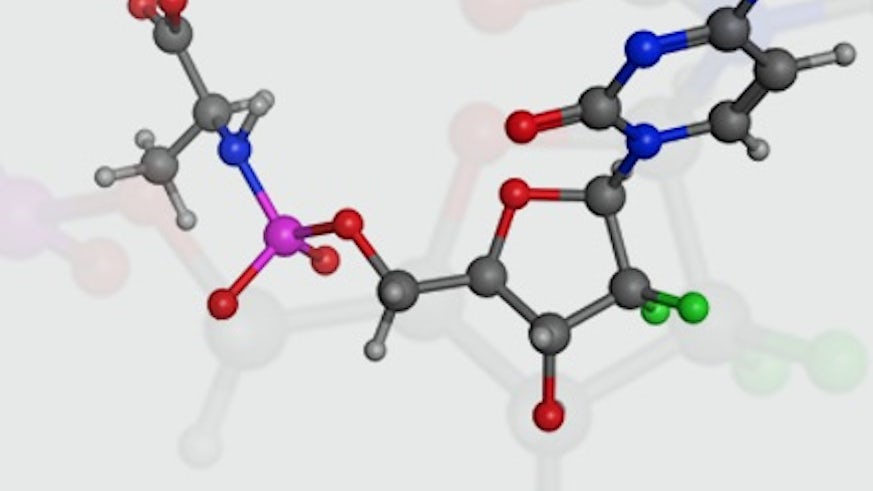Acelarin cancer drug
30 Mai 2015

Acelarin is designed to stop patients becoming resistant to common therapies in treating cancer of the lung, ovary, breast, colon and pancreas.
Two phases of clinical trials show half of 78 patients responded to treatment. The treatment was invented at Cardiff University and Prof Chris McGuigan said the drug's success was "remarkable", the drug was tested on patients who had exhausted all other forms of treatment at London's Hammersmith Hospital, "These were terminal cancer patients, all of whom had solid tumours that were growing, Seventy-eight patients were given Acelarin - and remarkably half had their disease brought under control; the tumour growth was stopped, and in some cases reversed."
Dr Ian Lewis, director of research and policy for Tenovus Cancer Care said: "The great thing about this treatment is that it appears not only to be effective for patients who have become resistant to common therapies but also for patients with a range of different types of cancer. That makes it particularly exciting, the fact that it has come from Cardiff showcases a wider trend for some really world class cancer research here in Wales."
Bolt-on'
The drug was particularly effective against gynaecological tumours. In 13 out of 14 patients, the drug achieved disease control - the greatest success rate ever seen at Hammersmith Hospital. The third and final round of clinical trials are now being planned and the drug has been licensed to Edinburgh-based pharmaceutical company Nucana for further development.
The results are being presented to 30,000 cancer specialists attending the Asco conference in Chicago. Prof McGuigan believes the method his team invented to design the drug could be used more generally in medicinal research. It works by adding new compounds to conventional therapies as a 'bolt-on', which helps the drug cut through any resistance the body has built up.
"Many companies have started to adopt this technology, to bolt it on to various drugs and improve them, I believe that this will change therapies for cancer and viruses forever - and it originated here in the labs in Cardiff." Prof McGuigan said.